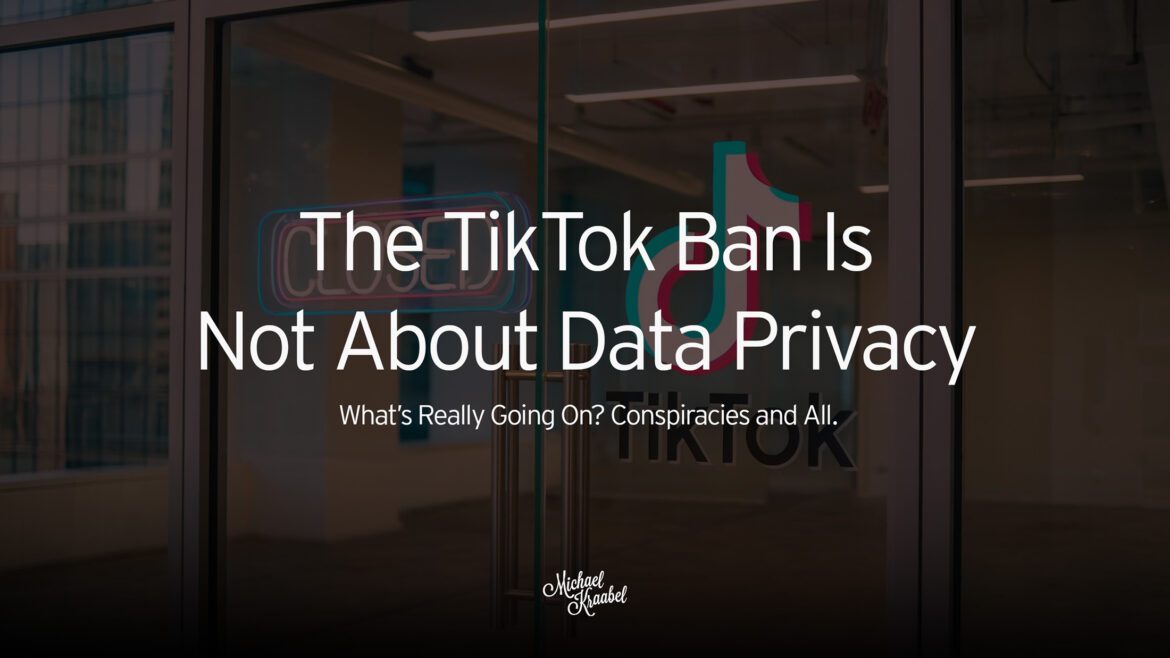What’s Really Going On With TikTok’s Latest Legal Troubles?
https://www.kraabel.net/wp-content/uploads/2025/01/tiktok-1024x576.jpg 1024 576 Michael Kraabel Michael Kraabel https://www.kraabel.net/wp-content/uploads/2025/01/tiktok-1024x576.jpgLet’s talk TikTok. The latest legal battles surrounding the platform have been setting off alarms across industries—privacy concerns, geopolitical drama, and even some whispers of good old-fashioned overreach. If you know me, you know I love a good conspiracy theory as much as the next marketer who’s had too much caffeine and late night blue…
read more

